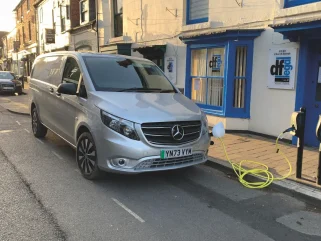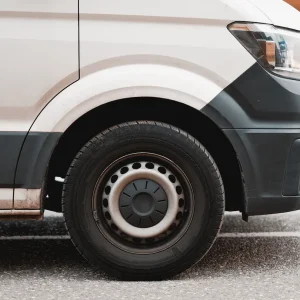
The UK Government’s ZEV mandate for LCVs needs to be changed, according to Venson Automotive Solutions.
The mandate, which passed into law earlier this year, introduces targets for zero-emission vehicle sales each year by van and car manufacturers, increasing each year until 2030, with non-compliance potentially incurring fines.
Ahead of the new Labour government’s first Budget, Venson has said it should take “decisive action” against “unachievable targets”.
Client management director Simon Staton said: “Although the ZEV mandate states lower quotas for vans than for cars, it doesn’t take into account the pace at which e-vans can be taken into fleets.
“The challenge for fleet operators is that the e-vans currently available do not always meet business requirements. For example, the payload, mileage and charging infrastructure mean that e-vans can’t always meet the operational requirements of a business.
“Forcing a premature e-van transition would require a lot of planning and negotiation within a business, and sometimes unions, to change operational ways of working.”
Venson also called on the government to clarify issues with electric vans, due to the weight of their batteries, weighing over 3.5t, saying that despite the derogation allowing regular driving licence holders to drive EVs up to 4.25t if conditions are met, other issues remain, such as questions relating to speed limiters and driving hours.
Staton said: “With the right vehicles, right pricing and a clear, workable strategy from the government that addresses the regulatory aspects of managing a commercial fleet, the UK e-van market could improve in the medium to long term. Overall, right now, however there’s no hiding the fact that the picture is far from rosy.”





